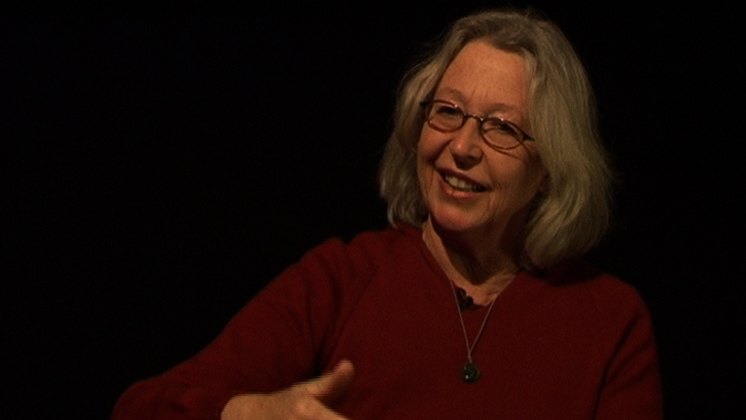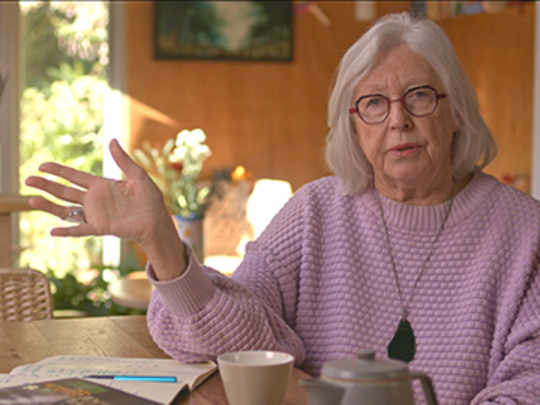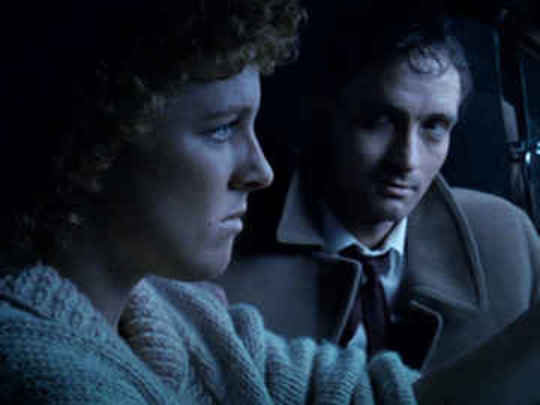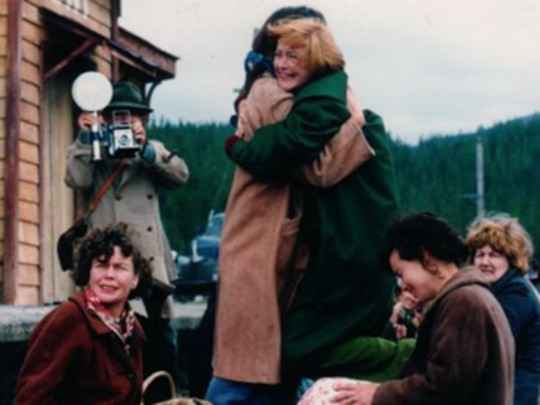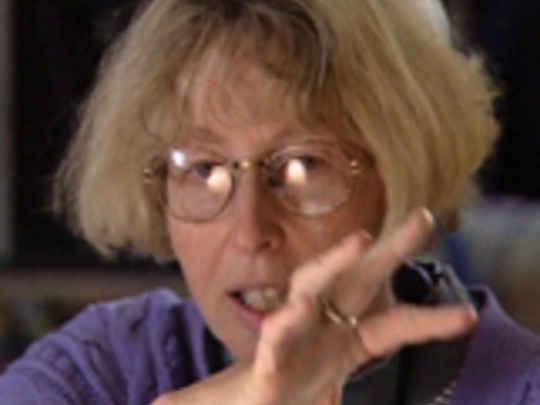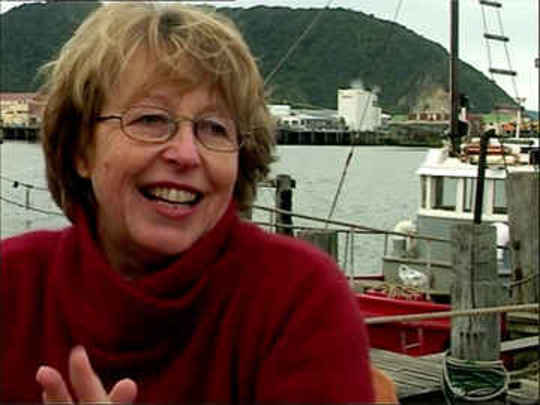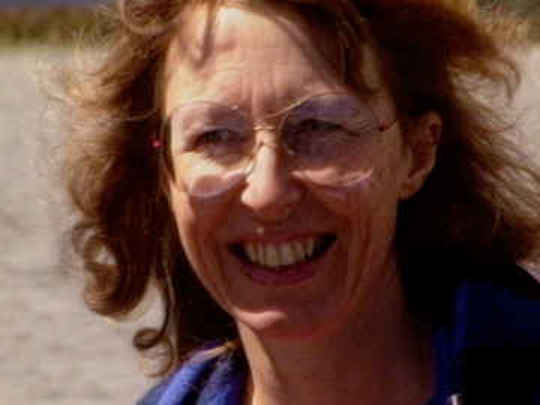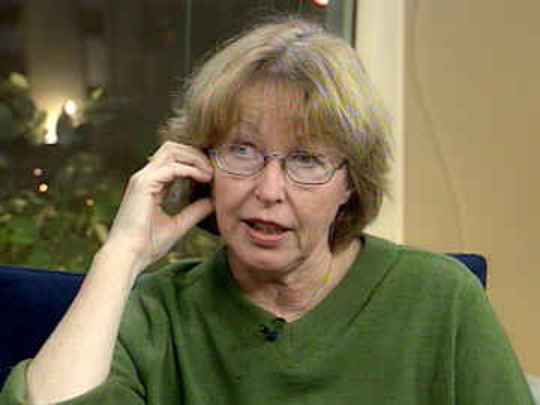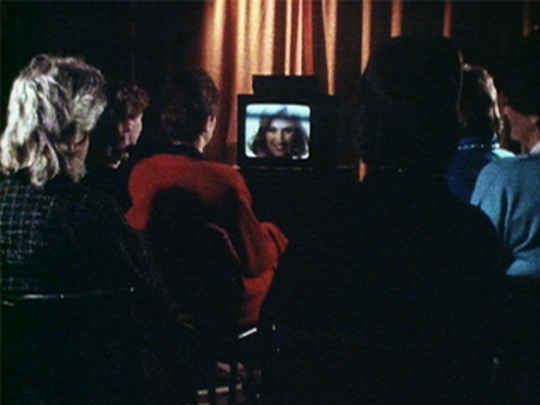Gaylene Preston: On making NZ films...
Interview – 2009
Director Gaylene Preston has been stretching New Zealand film in new directions since her early short films and her first feature, the genre and gender-bending Mr Wrong (1985). Long devoted to "communicating local stories to local audiences", Preston's work features in this NZ On Screen collection.
In this ScreenTalk interview, Preston talks about:
- How she started in film, thanks to a job as an art therapist in an English asylum and a friend who eloped unexpectedly
- Her longtime interest in "the stories that hold secrets, the things that you’re not allowed to talk about"
- First working with producer Robin Laing, and the times they went to meetings and people kept looking nervously toward the door
- The challenges of pitching "comedy thriller ghost story" Mr Wrong
- Being won over by Graeme Tetley’s script for comedy of manners Ruby and Rata
- Making mini-series Bread and Roses, based on the life of the late activist/politician Sonja Davies
- The low number of New Zealand women directing movies, then and now
Gaylene Preston went on to do this extended ScreenTalk interview in 2024.
This video
was first uploaded on 20 October 2009, and
is available under
this Creative Commons licence.
This licence is limited to use of ScreenTalk interview footage only and does not apply to any video content and
photographs from films, television, music videos, web series and commercials used in the interview.
Interview – Ian Pryor. Camera and Editing – Alex Backhouse
I think that there's fantastic wealth to be had in finding the stories that maybe get overlooked, or the stories that hold secrets — the things that you're not allowed to talk about . . . those stories are often held among the women.– Gaylene Preston, at the start of this interview
